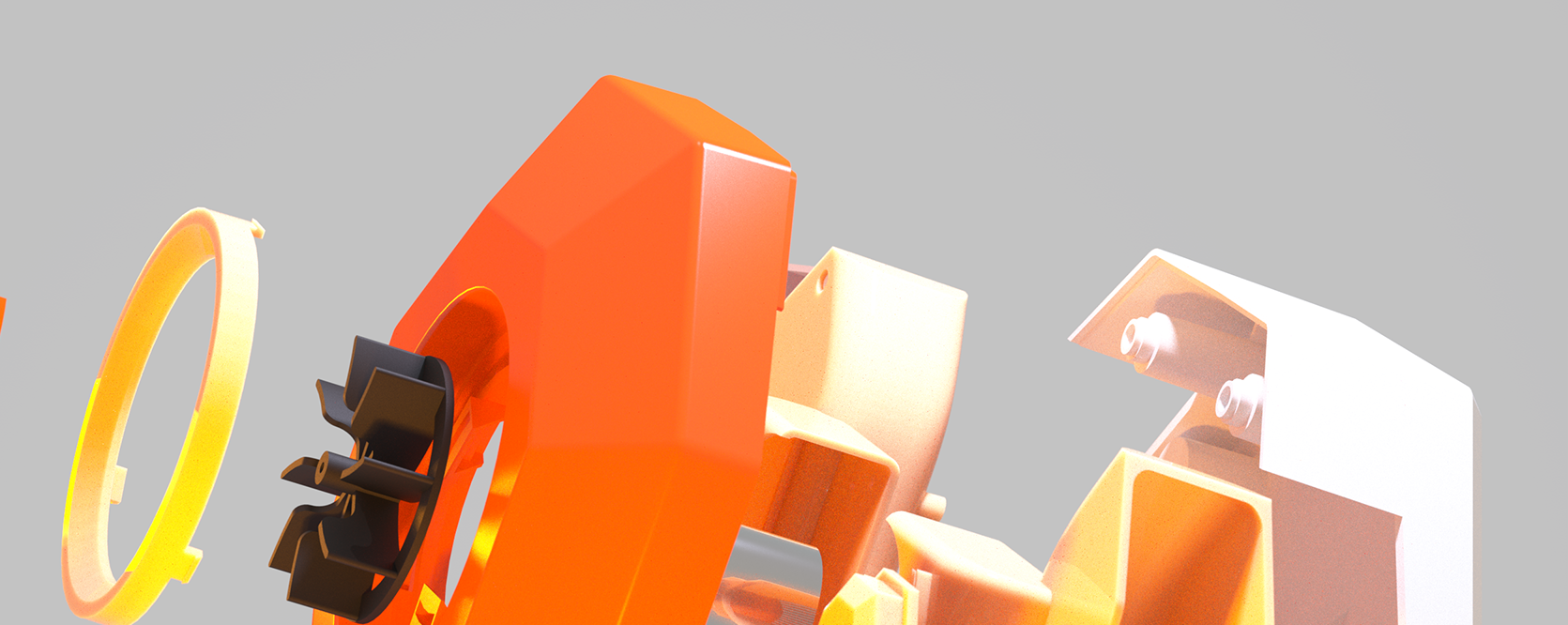Foreword:
Presumably, many of you read our newsletter every week in part because we engage with the social and political dimensions of design, technology and behavior.
Last week the U.S. elected a president who campaigned on a rhetoric of hate and there is a real possibility that the hateful rhetoric could turn to hateful actions and policies.
While we do not embrace a single political party or ideology, we have never been neutral. Political realities are inseparable from the fabric of life itself, and so neutrality is an impossible state to achieve or hold.
Our friends, colleagues, collaborators and team members are LGBTQ people, Muslims, immigrants, people of color, etc. and our lives, our work, and our clients' companies are better because of this. The notion that exclusion or a system of tiered rights could improve anything is an ugly lie that we will not accept.
If design and technology is to deliver on the promise of creating a better world, it has to be done through inclusive, forward thinking practices: developing tools and systems that enable freedom, protect the vulnerable, and empower the disenfranchised.
We all have work to do. Take your powers of influence, skills, and resources seriously and use them to good in this world.
Design:
(Dis)trusting Technology:
Archiving:
More next week.




